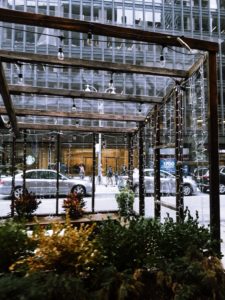
Sometimes I wonder if we all remember 2020 or if everyone has just blocked the year of their mind permanently like a traumatic memory. I’m writing this post nearing the end of 2023 and often I still find myself dissociating when thinking of the horrific events that took place. But now, despite everything that has transpired, I am surrounded by people that seem fine. People have gone back to work, school, and any other typical routine they find themselves in. And that’s just it. We were all expected to carry on as if we didn’t just bury millions of people– some friends, some family, some loved ones. We were expected to forget about our financial insecurities as well as the severity of disability and mental illness that this caused us. But like many people, I’m still thinking of it all and how it changed how I felt about the systems and world around me.
By the end of March 2020 I had lost my job. I had been working at a large hotel for 5 years on the overnight shift. I remember my last shift after I had finished all of my paperwork and was ready to go home. I was one of the last laid off associates out. It was an uncomfortable exit as there really weren’t words to express how I was feeling. I think a lot of people hadn’t yet grappled with the fact that this could be something that would be months (years even) long of a pandemic. But like millions of other people, I was experiencing what it felt like to be displaced in a moment’s notice–without direction or a plan.
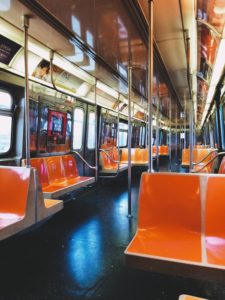
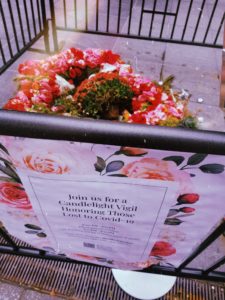
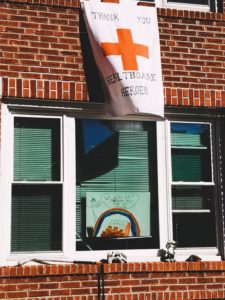
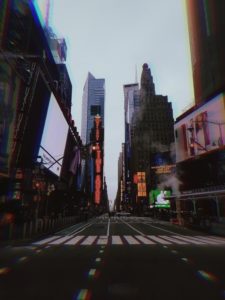
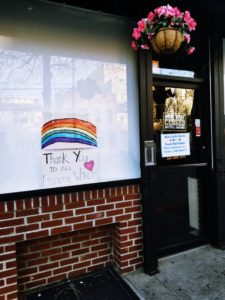
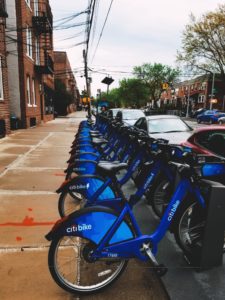
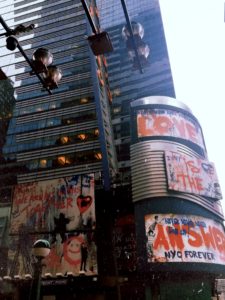
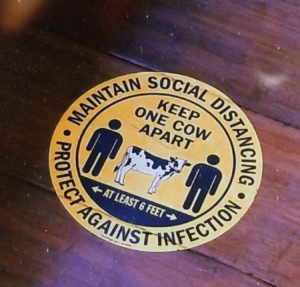
The Absence of Work & Being Overworked
As the months started, my sense of time had completely changed. I was used to my normal routine as a Night Shift worker. Pulling a little over 40 hours a week kept me busy and alert even if it was out of necessity. I hated working that much and suffered from depression and social anxiety over the 5 years since I moved to New York. Despite work giving me a routine this exacerbated my mental illness. Now, months into a global pandemic, I felt more alone than I ever had before and had difficulty finding motivation to do anything.
But I had never had this amount of time before. People who were non-essential workers and those who had lost their jobs were filming themselves doing things like organizing or exercising or creating. While this seemed positive, I had difficulty finding the energy to do anything. I couldn’t find the strength to write, make art, or do all the things I’ve ever wanted to do if given the free time. I was in a consistent cycle of not being able to will myself do anything and then hating myself for not doing anything. People tried giving the same advice that is always reserved for people with mental illness– that we should just shake ourselves out of our feelings and do something. I had always had a job since I was 15, and watched my mother hold down a minimum of two jobs simultaneously her entire life. I didn’t think I was even allowed to rest- let alone survive and exist. But this was a feeling so many of us were experiencing. The world we live in has from the time we are little told us that we are here to be productive or to be someone extraordinary. Just living is not adequate.
A little over a year had passed and I was finally able to come back to work full-time. While I was incredibly gracious and extremely relieved, that feeling was short-lived. From the time I had come back to work everything had changed. Now that hotels (as well as other businesses) were re-opening, they had slashed costs by a dramatic rate. This meant we were almost always short-staffed and the work I had been doing as a Night Auditor had now doubled. Each department had little supplies. As we started getting busier and busier, I remember how mean and entitled the travelers were. While that was typical in this industry, it had heightened to an extreme. And the more I worked the more anxious I would get. I was losing my hair and felt my entire body start to shut down. Oftentimes I wasn’t even able to have a break because the workload was so much. It had gotten so bad that I would start having panic attacks and would cry almost every day before work. Despite all of this, I felt conflicted. To complain about the work conditions of my job despite my high rate of pay and the mere fact that I had a job — made me feel incredibly ungrateful.
Despite reaching out to upper management about the workload, the urgency of my concerns were trivialized. I had to sit in a meeting where my bosses took a look at me while I was crying and said that diminishing phrase, “you’re strong.” I was completely humiliated and felt defeated. It was like the job I had so desperately needed during the pandemic was now what was killing me. I didn’t know how I would overcome that.
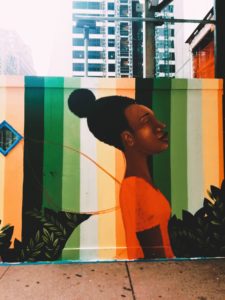
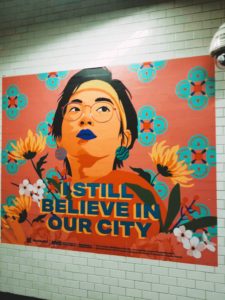
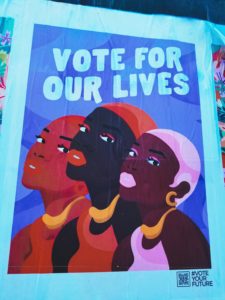
The Value of Human Lives
Speaking about anything other than the loss of human lives during the pandemic feels trivial. I could not fail to remember the horrifying stories of the refrigeration trucks full of the deceased, and space used for mass graves. People around the globe started to feel that our governments see our lives as disposable and insignificant–even more so than before. While it may sound bleak, I believe it to be true of our governments globally, and that it was proved by the handling of this pandemic. As the numbers of deaths continued to rise, so did the amount of people becoming disabled with very little help and resources. Little access to healthcare and severe lack of basic necessities especially hurt lower income Black and Brown communities everywhere. Essential workers were overworked and grossly underpaid. People lost their homes. People lost battles to their mental health. So much was happening in the world, and yet the suffering of people was talked about as minor inconveniences that just happened.
Even with taking social responsibilities such as masking and social distancing as much as possible – I started to see over the years the urgency and commitment to protecting those around us seem to diminish. By 2022, a lot of states and businesses had already removed mask mandates, disinfecting stations, and other precautions. It was like this horror was done and now we were back to our regularly scheduled program. But over the years I learned more about how each community was being affected during this – from illegal DNRs forced on people with disabilities, to Indigenous communities being sent body bags rather than COVID-19 supplies. From the Black community struggling with Long Covid and inaccessible health care, to Immigrants’ vulnerability before and during this time. From the surge in discrimination and violence toward Asian communities, to Trans communities being even more susceptible to homelessness. These are just a few examples of how the pandemic was affecting more marginalized communities. To us, the pandemic was not a time to learn a new bread recipe or take up a new hobby. It was literal Hell, and one that continues to persist and affect our lives – even years after.
Along with these sources, here’s an incredible article by writer and traveler, Imani Barbarin, about her experience during the pandemic.
The Man, The Myth, And the System
During this time, I was learning more and more about the history of the United States. My political views had always been liberal, since the time I was growing up in a small town in Texas. I had always felt that it was enough– that my views made sufficient sense because they were based on what I thought was caring about people. But over the years I came to the belief that politics should not be used as merely a bumper sticker or a button you wear on your shirt, and then keep living your life unaware of the injustices around you. I felt that politics needed to consume me–how I treated my peers, how I viewed the world, and how I behaved from day to day. No longer were the days of cognitive dissonance. I needed to really do and participate in what I believed in. Part of that meant educating and re-educating myself of not only my country’s institutions and its gruesome past, but how it has affected the most marginalized communities. But it’s not enough to simply learn. It’s time to show up for each community and offer whatever talents and resources we can for one another. Because if our politics and beliefs aren’t rooted in protecting the most vulnerable and mistreated communities, then what is really the point? If we know our government won’t assist us and is betting on our demise, what is stopping us from truly helping one another?
Even after a traumatizing and mass disabling global event, we are expected to persevere as if we are getting a medal for our courage in the end. Whether it be a government that mishandles an outbreak, or a job that sees us as disposable–we are expected to comply with the status quo of normal. But there is nothing normal about treating people as if they are money signs with no flesh and heart or most importantly, brain. Although 2020 may be over, we haven’t forgotten and will never forget the complacency and silence of our leaders. It’s time we stop allowing these systems to gaslight us – we are the people, and that has value–even if the system tries to scream at us that it doesn’t.
“Please try to remember that what they believe, as well as what they do and cause you to endure does not testify to your inferiority but to their inhumanity.”
James Baldwin
